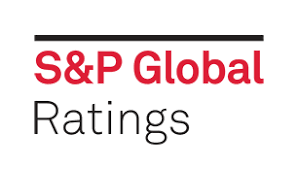S&P Global Ratings has affirmed its ‘B/B’ long and short-term sovereign credit ratings on Nigeria, saying the nation’s economic outlook remains stable.
This is even as it affirmed its long- and short-term Nigeria national scale ratings at ‘ngA/ngA-1′.
According to the global rating agency, the stable outlook reflects the balance between risks of heightened domestic political tensions, against the potential for an improving external position.
However, even as projected a stable outlook for the economy in the months ahead, it stated that it may lower the ratings if Nigeria’s policymaking and institutional stability weaken significantly, possibly due to election-related disturbances.
On a positive note, the global ratings research organization stated that it could raise its “ratings if Nigeria’s external liquidity indicators improve, perhaps due to further accumulation of international reserves or the extension of average external debt maturities.”
A further analysis indicate that Nigeria’s ratings are hinged on a relatively low general government debt stock, high debt-servicing costs, moderate exchange rate flexibility and the significant liberalization of Nigeria’s exchange restrictions over the past 12 months, amongst other factors.
Analysts at Proshare noted that Nigeria’s ratings remained constrained by the country’s low economic wealth, weak institutional capacity, lower real GDP per capita trend growth rates than peers at similar development levels, and external risks.
Although external indebtedness is relatively modest, significant stock-flow data mismatches raise external risks, in our view.
According to the analysts, when rated on institutional and economic profile basis, Nigeria’s economic performance still remains weak, with trend growth below peers’, and current pace of economic growth remains low relative to peers with similar wealth levels.
This is further compounded by the unpredictable political decision-making in Nigeria while government institutions are weak relatively.






